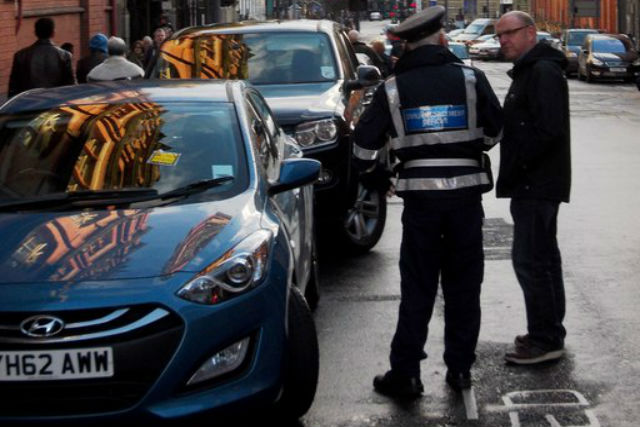Everybody hates getting a parking ticket. But what might make this nuisance even worse is hearing that in the last year English councils have raked in nearly £700 million in parking fines – a new record.
The figure for 2014/2015 officially stands at £693 million, which is a four per cent increase on the 2013/2014 figure of £667. A massive £308 million of that was generated by London councils alone.
A record year for parking fines
This data was analysed for the RAC Foundation by consultant David Leibling and has been collated from the annual returns made to the Department for Communities and Local Government by English councils. Commenting on the recent figures, Steve Gooding, director of the RAC Foundation, said:
“The financial sums involved in local authority parking are huge and the overall profits eye-watering. And once again the year-on-year direction of travel is upwards. It is unsurprising that London leads the way in making money. Its roads are most congested and the pressure on road space immense.”
The parking income figures are calculated by accumulating all income from penalty notices and parking changes, then subsequently deducting the councils running costs from this figure. Although running costs are deducted, the new record figure of £693 million has come as a result of an increase in parking fees rather than a reduction in running costs.
Not all councils saw an increase in cash accumulated through parking fines though. Out of the 353 local councils in England, 57 of them saw income from parking fees decrease.
Which councils received the most revenue through parking fines?

As mentioned above, London councils accounted for the vast majority of income, with the £308 million figure making up 44 per cent of the overall income of all councils. Westminster saw the largest excess of parking fee income over the last year, taking in £46.4 million.
Shockingly, this figure is actually down by nine per cent when compared with the year before. Following Westminster in the top twenty most lucrative councils were Kensington & Chelsea (£33m), Camden (£24.5m), Hammersmith and Fulham (£23.8m) and Wandsworth (£20.4m). Large income for other well-known councils, although nowhere near as much as the ones above, include Birmingham (£9.7m) and Manchester (£7.9m).
Do we know what happens to the parking fee revenue?
With so much revenue accumulated from parking penalties, some may naturally be cynical as to how the money is utilised and whether each council effectively injects it back into their respective communities.
Gooding continued: “The legal position is that parking charges are to be used as a tool for managing traffic. But with local government budgets under ever-greater pressure the temptation to see them as a fund-raiser must be intense.
“When a parking profit is made the law states that, essentially, the money can only be spent on transport and environment projects. We are simply asking that all councils publish annual reports to tell drivers exactly where this huge excess ends up.
“The precarious financial state of many councils is a genuine concern, not least when it comes to the risk of a cut in road maintenance spending which will hit every one of us. A funding solution requires national and local government to look beyond the High Street parking meter.”



